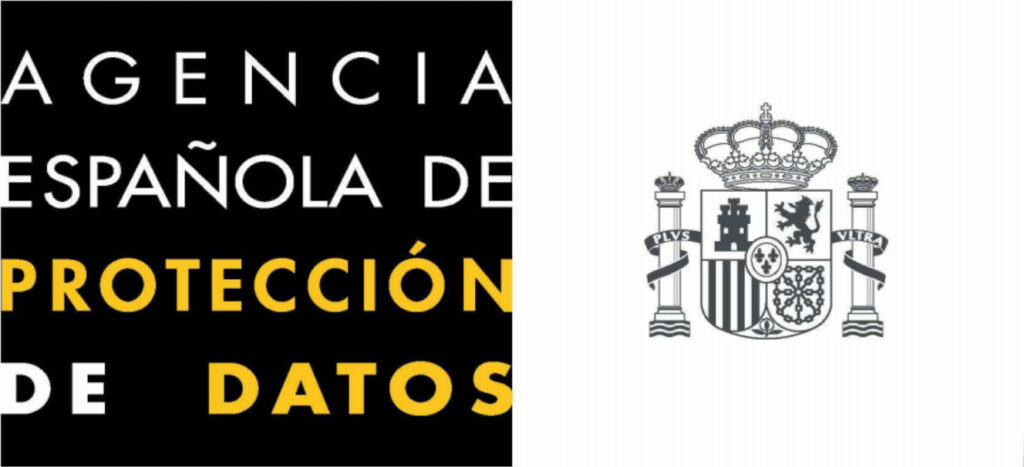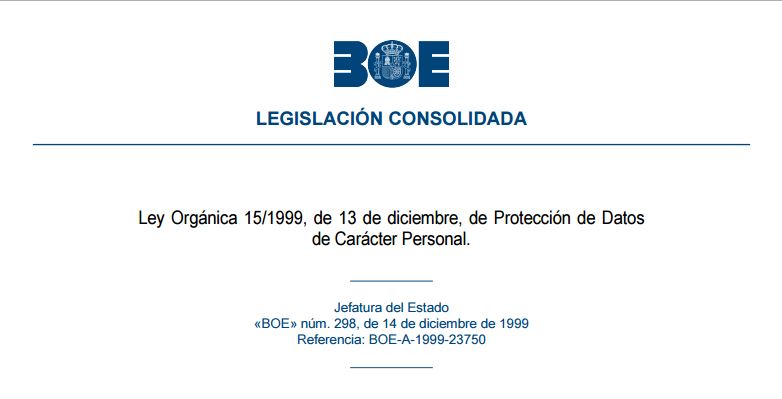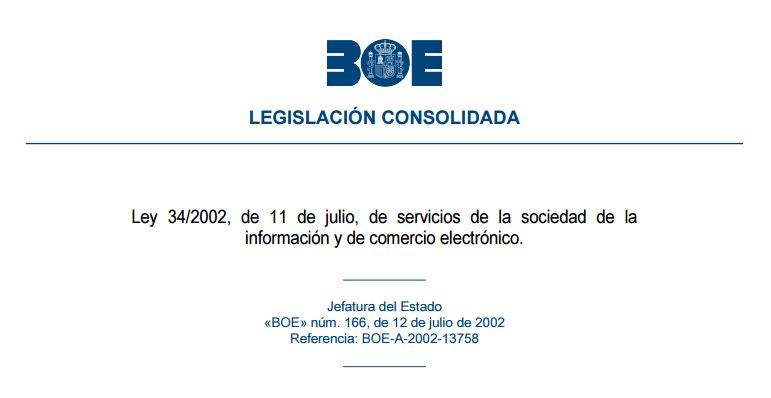How is email marketing regulated in Spain?

More and more companies are using the email marketing as a tool for the dissemination of products or services. As with everything else, the increased use of this tool has created the need to establish a regulation that limits and controls it. In this post we will explain the legal issues involved in the use of email marketing.
For those of you who use email marketing, and still haven't heard about the laws that regulate it... Don't worry. In this post you will find everything you need to know to do quality email marketing. Doing a good email marketing requires knowing what are its basic limitations. Ignorance of them does not exempt you from responsibility.
Questions such as "Can I take any email I find on the Internet and add it to my database? promotional emails without the explicit consent of the user?" are typical of the questions we ask ourselves when carrying out an email marketing strategy. Well, the answers to your questions can be found in Spanish law. As most of us are not legal experts, you don't need to know the law inside out. It is enough to be clear about the laws that regulate email marketing, to know some key points of each of them and to know who is responsible for ensuring compliance.
As we commented in the post "Typical mistakes that can turn your emails into SPAM"There are basically two laws regulating email marketing in Spain:
- Organic Law on the Protection of Personal Data (LOPD)
 This law regulates the protection of users' personal data. These are some of the most important points to remember when holding and handling users' personal data:
This law regulates the protection of users' personal data. These are some of the most important points to remember when holding and handling users' personal data:
1. You need the explicit user consent to use your data.
2. The data may not be used in a way that is incompatible with what has been agreed with the user in the first place.
3. The files in which the data are recorded must be reliable and meet the security conditions that guarantee their integrity.
4. The user has the right to rectify his data and to cancel any established agreement.
5. Users who suffer damage or injury to their property or rights as a result of non-compliance with the Act, have right to compensation.
Please note that some people may have expressed their opposition to receiving commercial e-mails. Therefore, it is recommended that you consult advertising opt-out lists such as the Robinson Listsmanaged by the Spanish Digital Economy Association.
- Law on Information Society Services and Electronic Commerce (LSSI)
 This law regulates electronic communications. It is a very broad law that covers many concepts. We will focus on those that have a direct impact on email marketing:
This law regulates electronic communications. It is a very broad law that covers many concepts. We will focus on those that have a direct impact on email marketing:
1. You may not send commercial emails that have not been previously requested or expressly authorised by the recipients. Quality email marketing is that which is consented.
2. Possibility to oppose or withdraw consent to receive commercial emails. An automated and user-friendly opt-out system should be enabled.
3. Commercial e-mails may be sent without prior authorisation if there has been a previous business relationship or if the data has been obtained in a lawful manner.
4.Advertising must be presented as suchso that it cannot be confused with other content. Do not try to mislead with the information contained in your email. Clearly inform users if your content is advertising and what they will find if they access your website.
5. Clearly identify the sender, the user must know where the email is coming from.
This law establishes the rules necessary to make the use and enjoyment of commercial communications a positive, safe and secure experience.
Who enforces both laws?

The Spanish Data Protection Agency (AEPD). This public body is responsible for ensuring compliance with data protection legislation by those responsible for data files (companies, public entities...) in order to guarantee their proper use. Before collecting any information or personal data, the first thing you must do is to register in the AEPD file. Registration is a mandatory and indispensable requirement so that you can manage user information and establish contact with them. Not only that, but storing data, even if you do not send information, also involves the management and processing of data, so in this case it is also essential to register in advance with the AEPD file.
"They are obliged to be registered in the file of the AEPDThose natural or legal persons, of a public or private nature, or administrative bodies, that proceed to create files containing personal data. Also those entities without legal personality that act in the course of trade as separate subjects and are responsible for personal data files.
Being aware of the existence of this entity and of both laws is more important than it may seem. Breaking the laws may not only result in your email ending up in the inbox, it may also result in your email ending up in the SPAM but can also have much worse legal consequences, such as fines. And it is not only for fear of possible sanctions, but also for our professional image, for honesty and, above all, for our client. Using professional mailing platforms will help you to comply with some of the rules of the legislation, since in addition to applying the legal limits on the management of personal data, some have filters to purge mailing lists, for example, eliminating spamtraps.